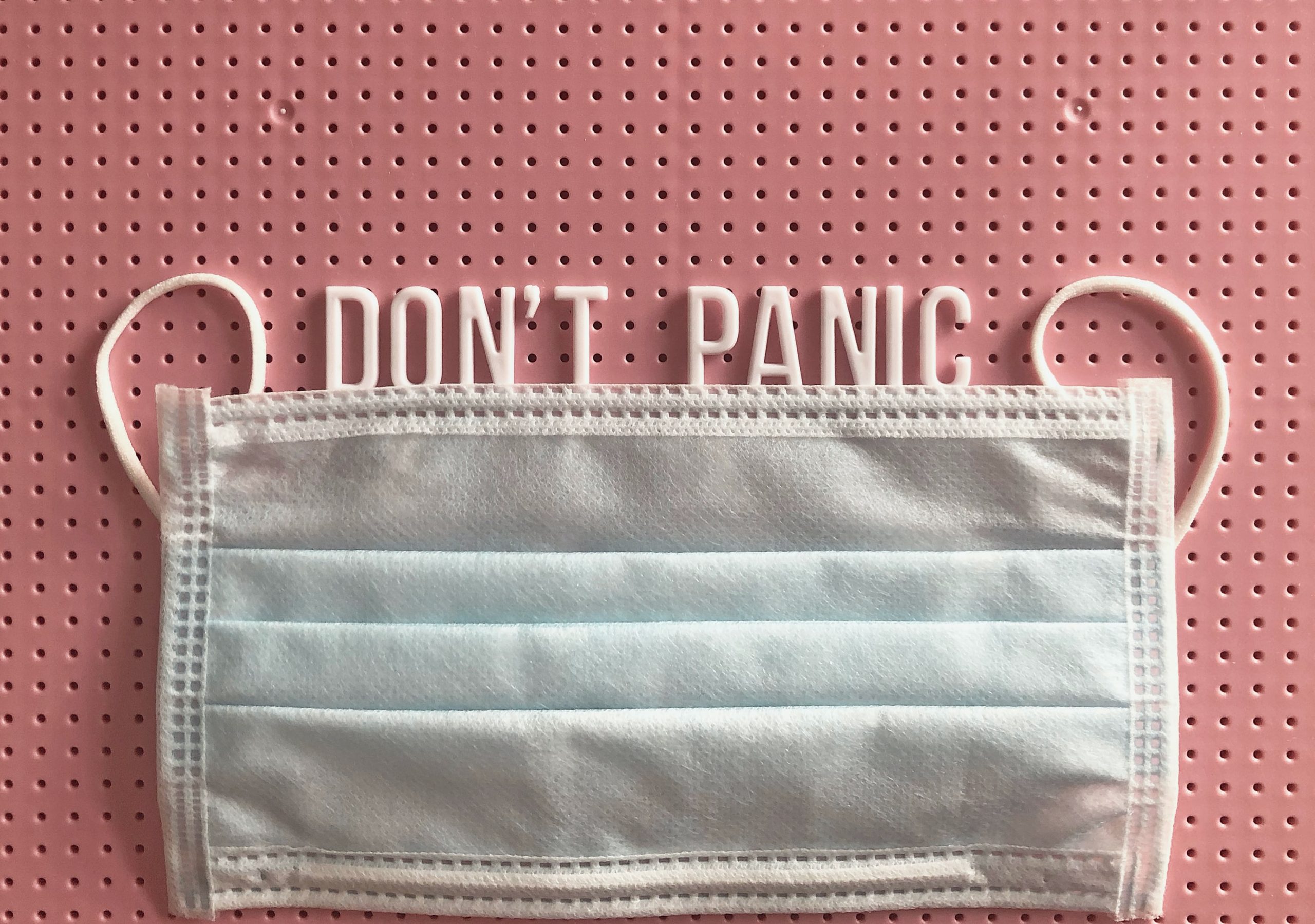
Panic during Pandemic – Mental health care from COVID-19
Worrying about all the news on the outbreak of coronavirus (COVID-19) and the illness it causes? Well, you’re not alone. It’s common to feel tense, nervous and perhaps fearful during difficult times. If you’re wondering how to cope with anxious feelings that are surfacing, and deal with the panic it is creating in your life, this blog post can guide you through steps that may help you to reduce anxiety to a manageable level.
Symptoms of anxiety you may see:
- Fear and worry about your own health and the health of your loved ones
- Changes in sleep or eating patterns
- Difficulty sleeping or concentrating
- Worsening of chronic health problems
- Increased use of alcohol, tobacco, or other drugs
Steps you can take to reduce your anxiety:
- Practicing Self-care: Recognize the things you can control, which may help you to feel less anxious such as good hygiene, Eat & sleep well, and exercise, use face mask, avoid unnecessary travel and crowds, wash your hands often with soap and water (or an alcohol-based hand sanitizer), keep your hands away from your face, especially your eyes, mouth, and nose.
- Avoid excessive exposure to media coverage: Take break from watching, reading, or listening to news stories. Hearing about the pandemic repeatedly can be upsetting and increase your symptoms of anxiety.
- Unplug social media: Information shared in social media can be misleading and can increase anxiety or give false remedies. First step is to avoid them but staying away from social media and verify information that you receive from family, friends or social media. Stick with sources of credible medical information, so you can avoid misinformation about the virus and the illness it causes.
- Develop an action plan: Plan ahead to feel more in control. If you take basic steps to prepare for the possibility of an outbreak in your community, you may feel a sense of relief. For instance, ask your employer about a work-from-home option (if not yet done), and create checklist of household or other necessary things you may need in coming weeks.
- Connect with your friends and family: Connect with friends and loved ones through video chats, phone calls, texting, and email. Talk with people you trust about your concerns and how you are feeling. Reaching out can help you and help them. It helps to feel the strength of your connections to your friends and loved ones, even though you may not be with them in person.
- Relax your mind and stay calm: Do yoga, meditation, deep breathing exercise or practice mindfulness. Tap into other ways you like to relax, too. Maybe you like reading a good book, playing musical instrument or watching a good comedy.
- Stay positive: Maintain a sense of hope and positive thinking; consider keeping a journal where you write down things you are grateful for or that are going well to stay positive.
- Consult your doctor on call or online: Ask your doctor whether it would be possible to schedule remote appointments via Skype or FaceTime for mental health, substance use, or physical health needs. Many professionals are providing consultation via telephone or internet, which can help you feel safe at home while consulting.
In addition, identify trusted sources of information you can turn to, such as MoHFW, UNICEF, WHO or CDC.
Written by Rimpa Sarkar You can find same information in Hindi language in this YouTube video

